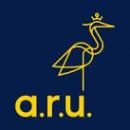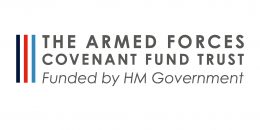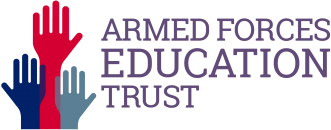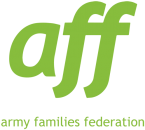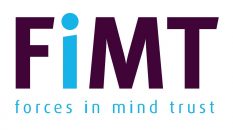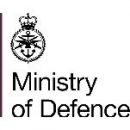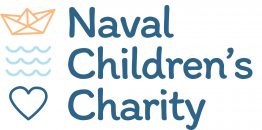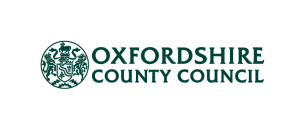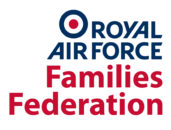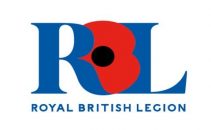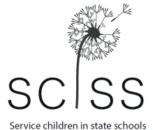SCiP Alliance Conference 2023
Posted in Views by Philip Dent
SCiP Alliance Conference 2023
Identity Matters
This year, the SCiP Alliance Annual Conference will gather practitioners, researchers, policymakers and funders to focus our collective attention, expertise and effort on the question of Service child identity: on Armed Forces children and young people’s identities. Together, we will explore why identity matters, broaden our understanding of the diverse expressions of what it means to be a child or young person in an Armed Forces family, and how, by considering identity matters in our work, we can help Service children to thrive.
It has long been a central message of the Alliance that there is no such thing as the Service child experience. The complex inter-play of mobility, separation and transition out of the military interact with the unique characteristics of each child to create hugely diverse, highly individualised journeys and lives. Equally, we have stressed that Service life can bring benefits as well as challenges. Many speak of the pride they have in being a Service child, and of the adaptability and independence they gain or the breadth of experiences they have had.
This is one reason why the asset-based approach we champion is so important: valuing the whole person through each phase of their journey, foregrounding each child’s experiences from their own perspective, valuing their identity - their sense of themselves.
Research demonstrates that identity includes both what is common and unites all Service children, as well as what is unique to each individual Service child. It has highlighted the significance of identity to Service children’s self-perceptions, agency, behaviours and outcomes (McCullouch et al. 2018) and Dr Claire Lee’s keynote to our last national conference illustrate the importance of opportunities (over the long-term) for Service children to explore their identity and to define for themselves the space and ways they find most helpful to do that.
United Nations Convention on the Rights of the Child (UNCRC), Article 12, provides for the protection and preservation of each child’s identity: their name, nationality and family relationships, but the UNCRC goes much further, recognising myriad expressions of identity in rights relating to home and family life, culture and belief, self-determination and voice.
In short, identity matters.
For Service children’s supporters, like us, this means a call to challenge stereotypes and deficit-based narratives, and to champion and celebrate Service children’s common and individual experiences and to provide spaces and support for them to express these in their own terms.
Since 2014, Creative Forces Days have been providing spaces for Service children to explore and express together their distinct and shared experiences of growing up as part of the Armed Forces community. Service children’s responses to the national evaluation highlight the effects of providing this space and support, including the opportunity to “let out what’s been blocked up inside of me” and that “anything is possible”. That’s what acknowledging the value and enabling the expression of identity can do.
The Thriving Lives Toolkit encourages schools to recognise and value the diversity among Armed Forces children and young people and to provide for both individual and shared opportunities and support. One of our case studies features Herne Junior School in Petersfield, where collective work through art provides not only these individual and group benefits but helped establish a “special identity” for Service children as a group in the wider school community.
Through our own practice, through research evidence, through the words of Service children themselves, we know that identity is not only about present perceptions, but also about the foundations built from past experiences, as well as possibilities for the future – one in which we want all Service children to thrive. Identity matters.
If you are interested in delivering a workshop at the conference, please find details here.

